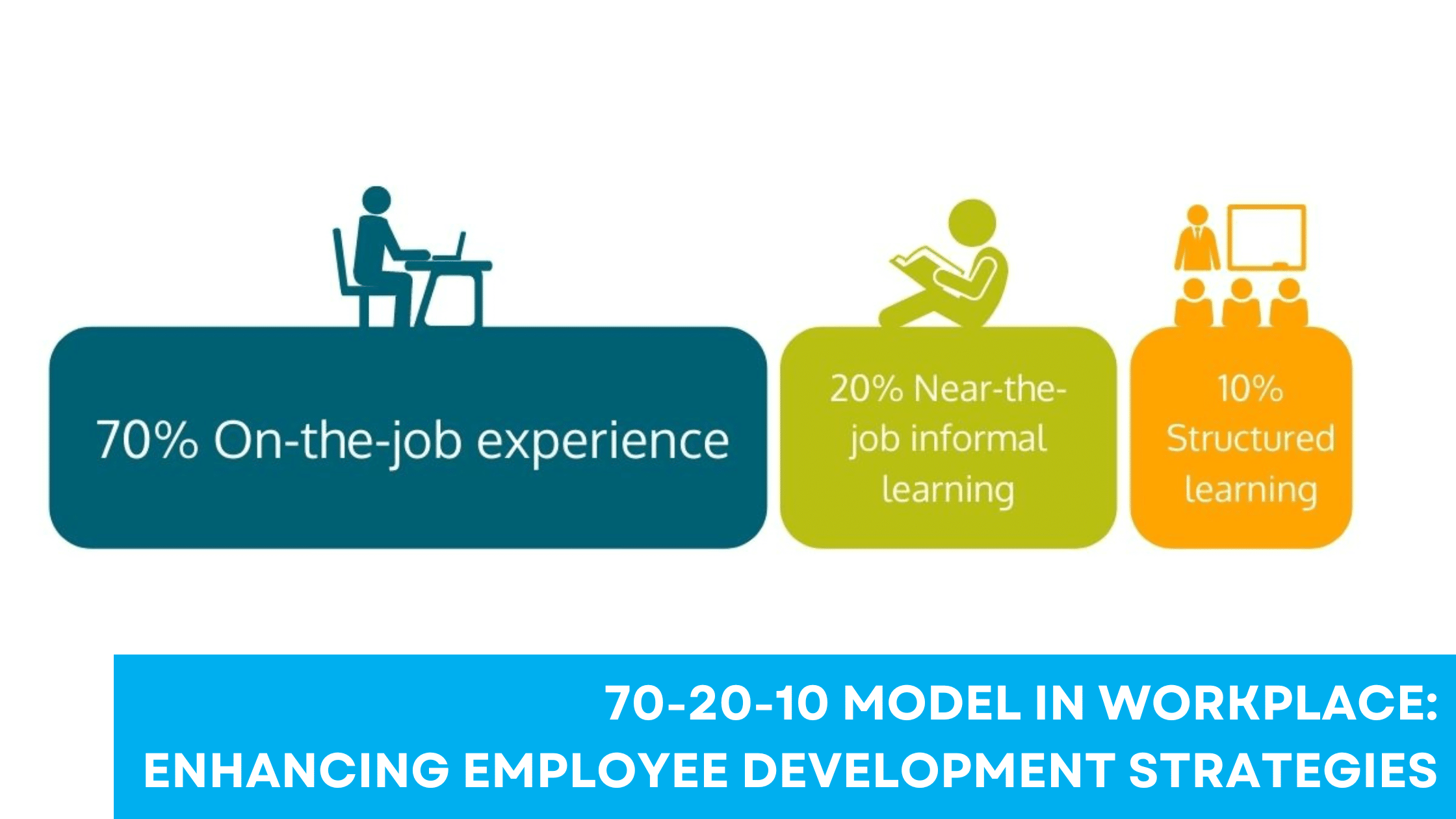Fear is a natural human emotion, but it can hold us back from achieving our goals and living our best lives if left unchecked. In this article, we’ll discuss three effective strategies for overcoming your fears, enabling you to face challenges with courage and determination.
So let’s dive in and conquer those fears!
Embrace Fear as a Friend
Though it may seem counterintuitive, consider the possibility that fear can be your ally. Our unconscious mind uses fear to protect us from potential harm, but it’s important to understand what’s triggering these feelings. To uncover the root cause of your fears, consider seeking guidance from a psychotherapist or a coach. With their help, you can work to overcome the fear that’s holding you back.
Face Your Fears Gradually
Taking small, incremental steps towards confronting your fears can help reduce their intensity over time. It might be a slow process, but remember that progress is progress, no matter how small. As you face and conquer your fears, you’ll gradually regain control over your life and unlock your full potential.
Practice Makes Perfect
Discussing fear is one thing, but experiencing it firsthand is another. Practice in a controlled environment to better prepare yourself for facing your fears. Just as you would train a muscle at the gym, exercising your “fear muscle” will make it stronger and more resilient. Over time, you’ll become better equipped to face your fears head-on and ultimately triumph over them.
Overcoming your fears is a journey that requires courage, persistence, and determination. By embracing fear as a friend, gradually confronting your fears, and practicing in a safe environment, you can build your confidence and conquer any challenge that comes your way. So be brave, be bold, and start taming your fears today – you have the power to change your life for the better.



